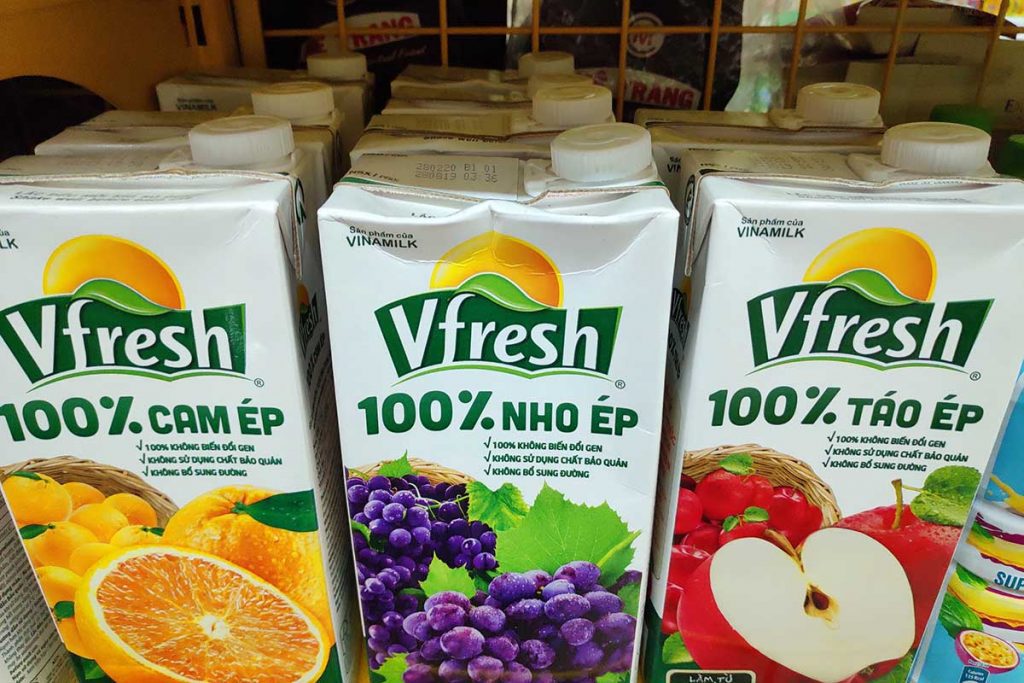
A pilot project will bring carton recycling to Ho Chi Minh City, Vietnam. | Ho Su A Bi/Shutterstock
Circular Action, Tetra Pak and Packaging Recycling Organisation Vietnam teamed up to create a carton recycling initiative in Vietnam they hope will increase recycling rates and provide income to freelance waste pickers.
The pilot project will run in Ho Chi Minh City through March 2023, using the KOLEKT App from Circular Action to manage carton collection.
The decision to launch the project came from a 2020 feasibility study on strategies for collecting and recycling used beverage cartons in Vietnam and India, according to a press release.
“The study found that informal waste pickers are crucial to carton collection programmes, and that a project design that neglects informal collectors could potentially destroy their jobs,” the press release stated. “With Circular Action’s mobile app, developed with waste pickers in Indonesia, Circular Action designed this pilot Circular Action Programme (CAP) to manage the recovery and recycling of 3,000 tonnes of used beverage cartons in Ho Chi Minh City, Vietnam.”
Packaging Recycling Organisation Vietnam (PRO Vietnam) is also providing more incentives to aggregators and recyclers to process the cartons.
Larger waste collection centers will be paid an incentive fee for tons of Tetra Pak cartons sold to paper recycler Dong Tien Paper, which will recycle them into brown paper, chipboard or corrugated roofing. Those collection centers will also get a performance-based payment to pass on to waste pickers, in order to secure supply.
“Tetra Pak cartons are usually not collected at all, and so this new recycling opportunity is providing vital additional income for the waste pickers,” the press release noted.
Thierry Sanders, Circular Action director, said in the press release the pilot “has the potential to be transformational for all involved.”
“This project brings a triple-dividend of firstly preventing waste going to landfills or nature; then it increases the incomes of waste pickers and finally creates cooperation throughout the supply chain,” Sanders said.
More stories about collection
- Colorado $10m grant fuels new MRF on state’s Western Slope
- Federal Signal paves new way with acquisition
- Interstate Waste buys North Atlantic in Connecticut